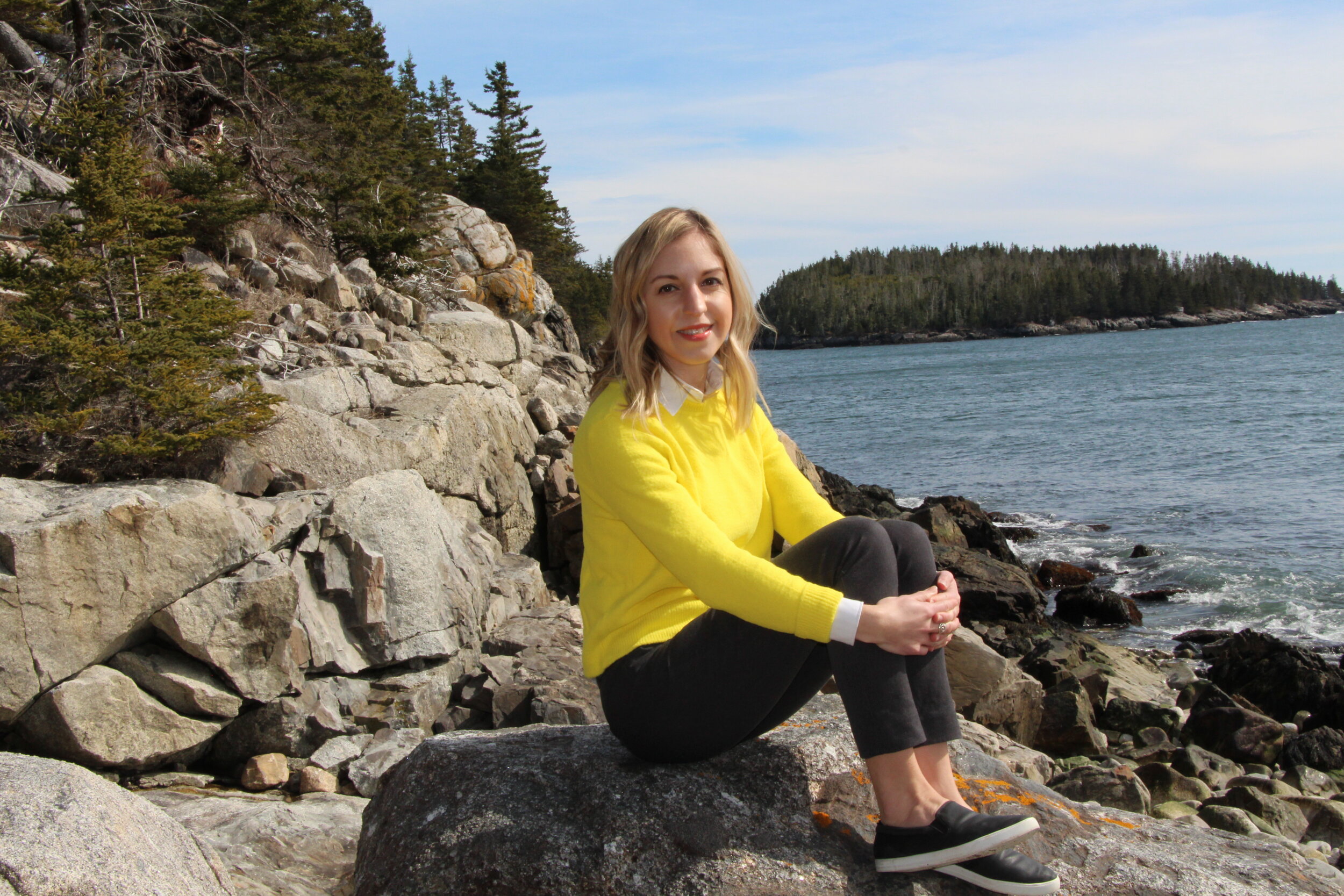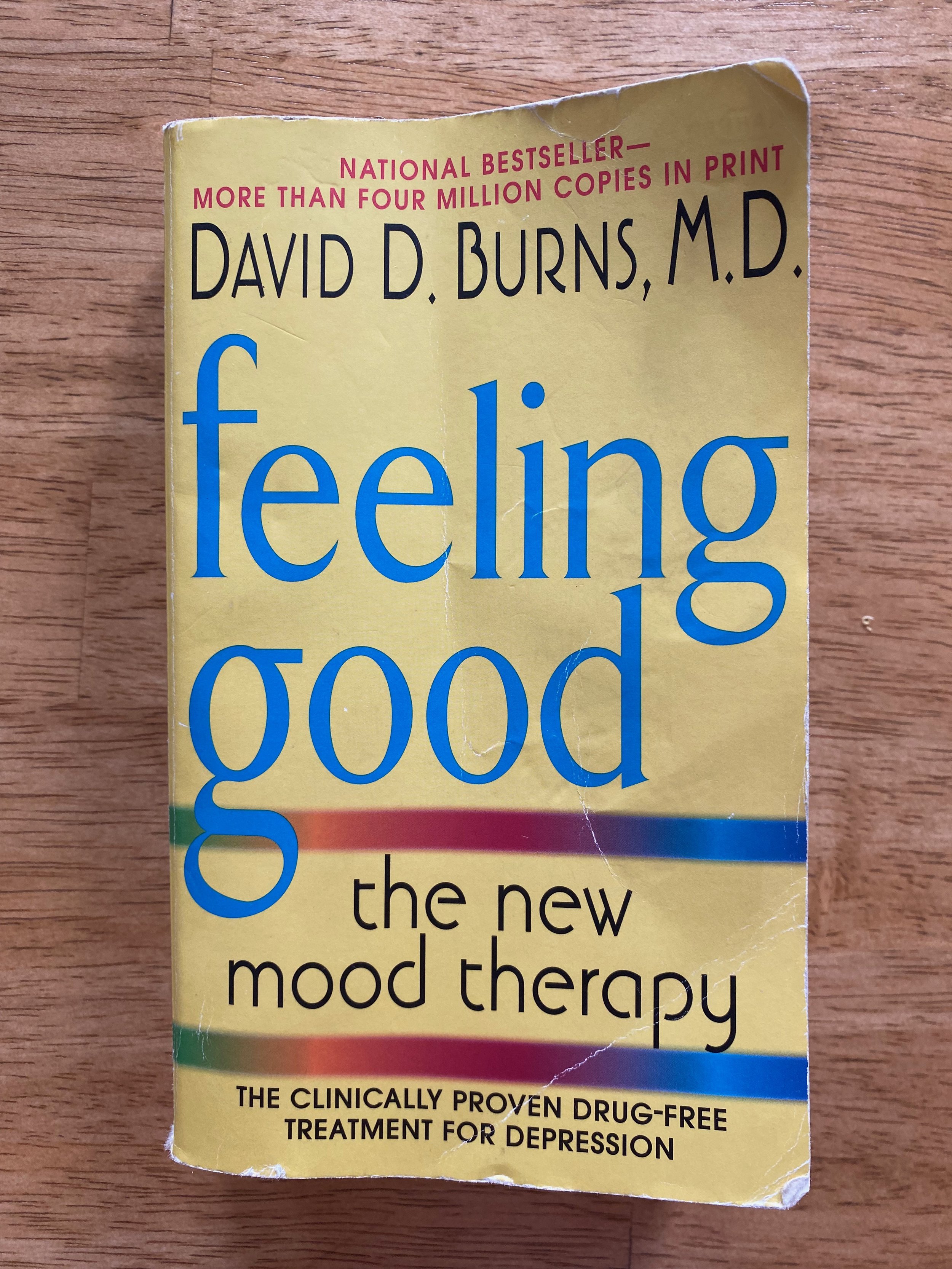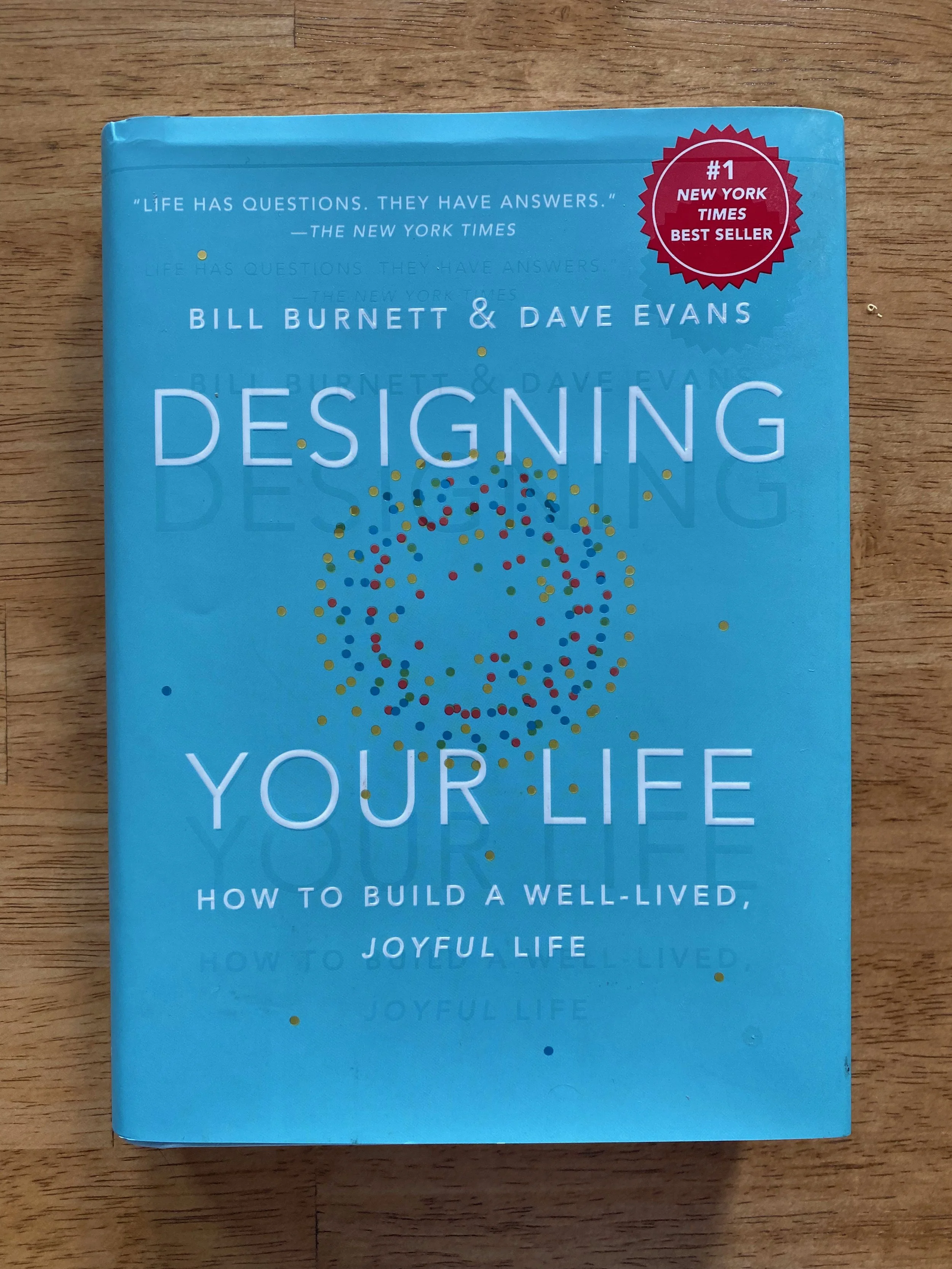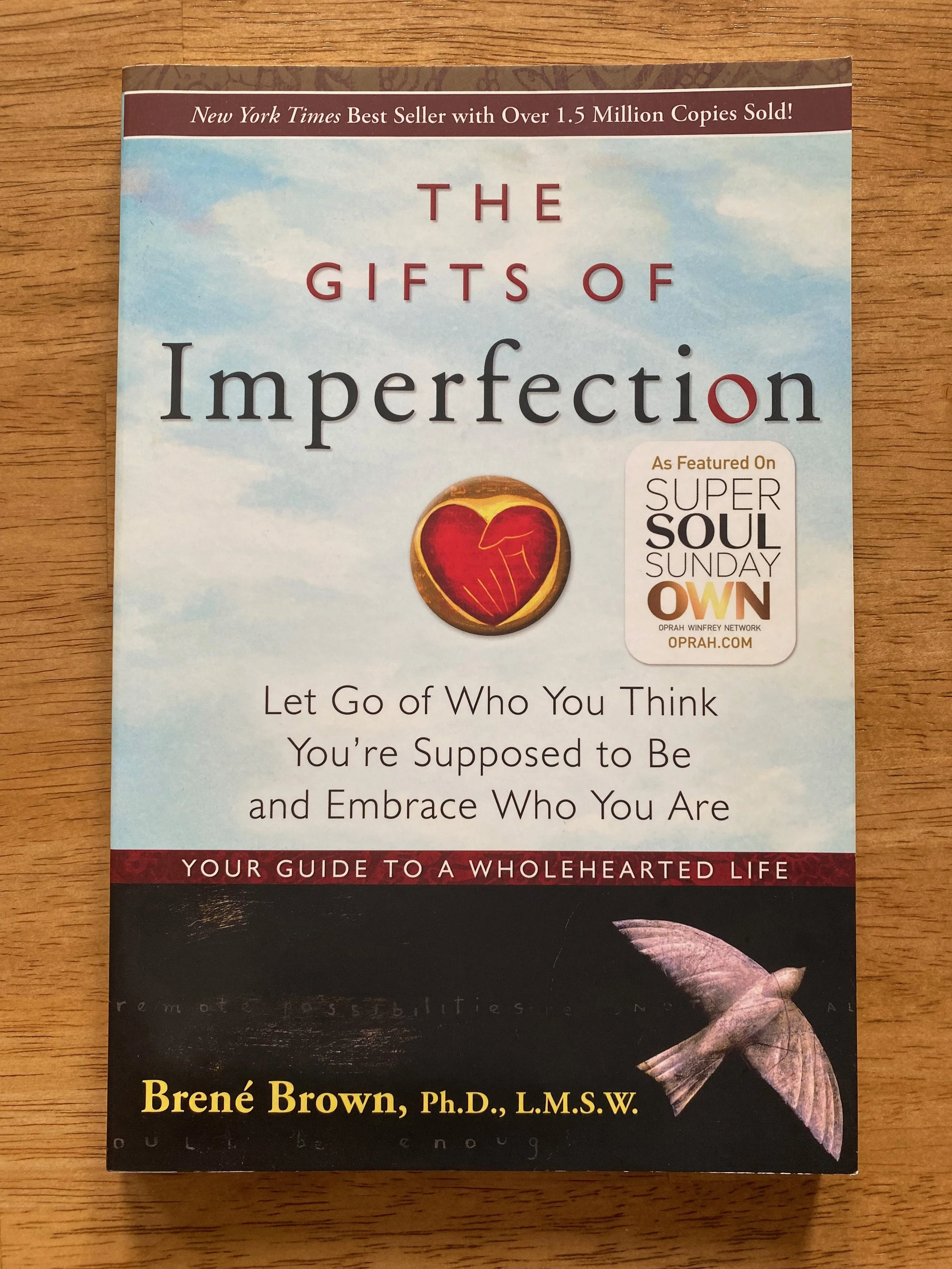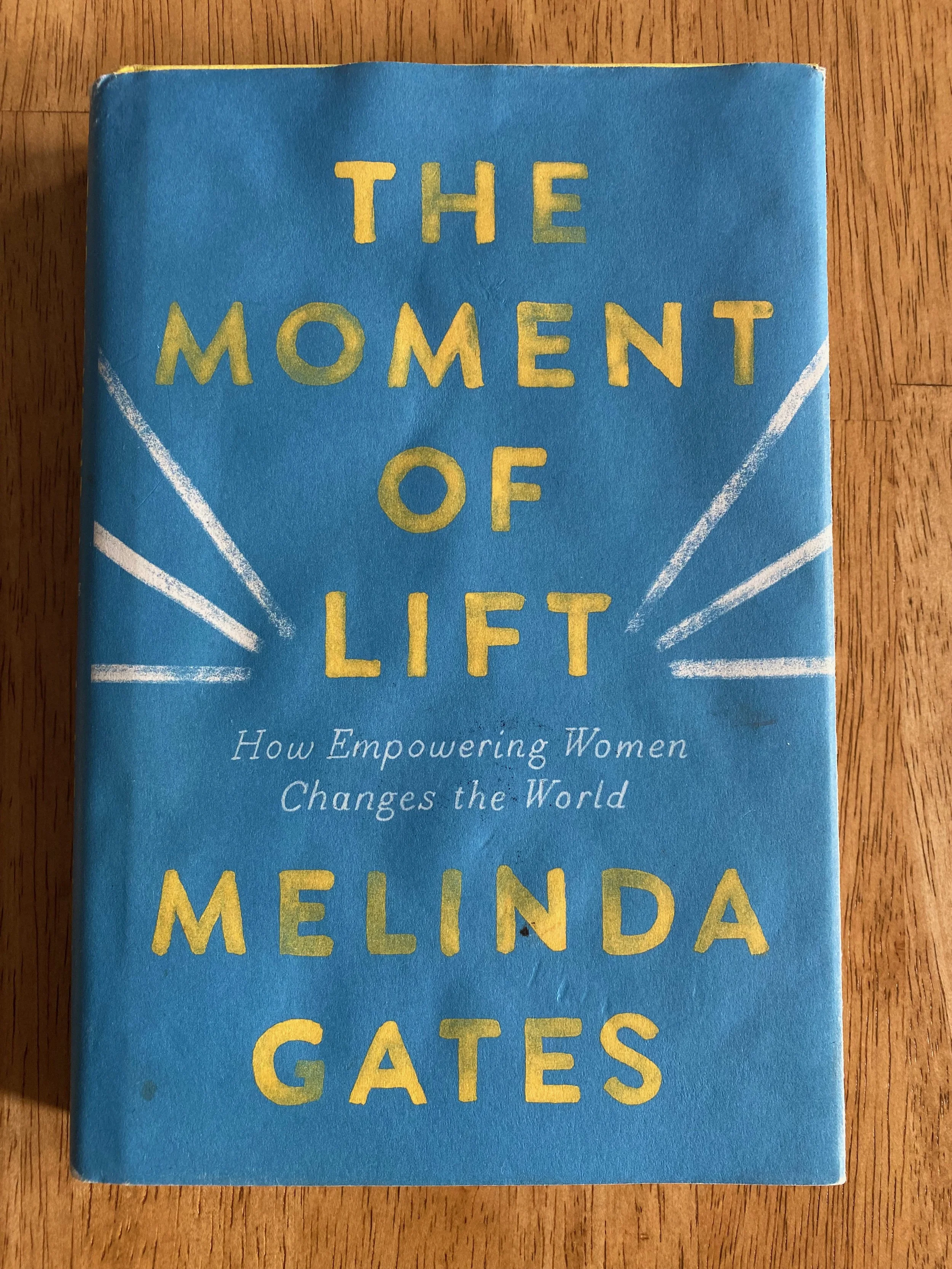I wanted to begin my first post of 2024 with an introduction to counselling therapy. I am a Registered Counselling Therapist, a registered professional title in Nova Scotia that is governed by the Nova Scotia College of Counselling Therapists.
““We think we listen, but very rarely do we listen with real understanding, true empathy. Yet (active) listening, of this very special kind, is one of the most potent forces for change that I know.”
Many of my clients are accessing therapy for the first time, which is often anxiety-provoking in itself. What happens in a therapy session? It depends on who you ask. In my practice, I use a non-directive approach where the client is the expert and I am a guide to help the client develop self-awareness and navigate roadblocks. I use an informal conversational approach, embedded with evidenced-based techniques. Learn more about the definition of psychotherapy and related FAQ.
I typically focus therapy sessions around a client’s current functioning and situation with a future-oriented approach to help the client identify steps to achieve meaningful change in their life. I explore a client’s thoughts, emotions and behaviour relevant to their concerns to help determine areas of focus. My therapeutic framework is grounded in Solution-Focused Brief Therapy and Cognitive Behavioural Therapy. I generally follow a short-term counselling model, with referral to additional supports and long-term services as required.
To learn more about our services and determine whether they are a good fit for your needs, please contact us to schedule a brief phone intake.

